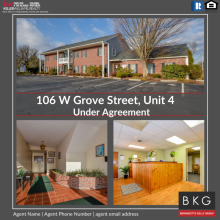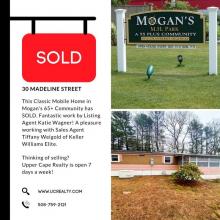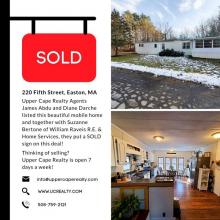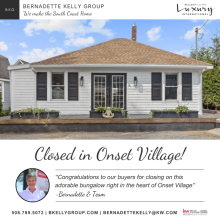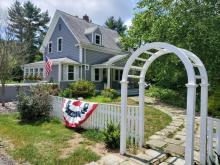Opinion: It’s time to draw the line on Marion land purchases
To the Editor:
I was not able to attend the Special Town Meeting on Nov. 5, but I have watched the video of the Meeting. I want to contribute my thoughts about the Hoff property discussion.
First I want to emphasize my concern for protecting the environment. I volunteered 14 plus years as a member of the Conservation Commission. However, wetlands already are protected by the Wetland Protection Act, thus a Conservation Restriction is not required to preserve the 22 plus acres of wetlands on the Hoff property
The purchase is being paid for out of funds in the Marion Open Space Acquisition Commission Land Bank which was funded by the Community Preservation Act (CPA). CPA funds are acquired as a 2% surcharge on the real estate tax bills in Marion. (There has been an increasing small percentage of funding matches from the State as well). Telling you that the Land Bank funds did not cost residents is not entirely true. Any home owner in Marion has contributed to the CPA funds, which pay for open space, recreation, affordable housing, and historic preservation.
The Marion Master Plan established the Stewards of Community Open Space (SoCOS) to coordinate actions of the various conservation-related groups in Marion. Neither MOSAC nor the SLT, who are SoCOS members, initiated any coordination effort with the other SoCOS members in the purchase of the Hoff property.
Another Marion Master Plan goal was for SoCOS to develop a new Open Space and Recreation Plan. In 2019, SoCOS was awarded a grant for the Southeast Regional Planning and Economic Development District to assist with developing that plan. During Town Meeting, reference was made to an OSRP questionnaire, one that MOSAC unilaterally sent out. For many reasons, this is not a reliable planning document.
It may be too late to incorporate any changes in the ongoing development of the OSRP, but Marion needs to develop a better process for the future donation or acquisition of open space. Recognizing that a landowner has the right to donate their land or establish Conservation Restrictions, we need to explore options that provide us some participation in the process.
This Hoff purchase, plus the other two lots off Point Road that Mr. Waterman referred to in his article, are examples of how things are happening to us. For the Hoff parcel, we needlessly spend our money to take taxable land off of the books; this is a self-inflicted financial wound. In the case of the Point Road parcels, arguably valuable tax land was taken off of the rolls through a private donation, which we can try to influence but don’t control.
As a Selectman, I evaluate all the challenges and opportunities throughout the Town, not just focusing on one area. Balancing legal requirements, infrastructure maintenance, town necessities and residents’ amenities while keeping Marion affordable to all income levels is a challenge. We need to ask: What can we do that is new, what are we doing that we can improve on, or what can we stop doing? At a minimum, it is time to draw the line on spending more of the Town’s money to acquire more open space.
MOSAC was established in 1999 by vote of Town Meeting and action by the State Legislature. It was given the powers of the Conservation Commission with respect to the acquisition of interests in land and the expenditure of funds under the provision of Section 8C of Chapter 40 of the General Laws. Maybe the Town needs to acknowledge that MOSAC succeeded in its goal and that it is time for MOSAC’s responsibilities to revert back to the Conservation Commission.
Norman Hills
Marion resident and Selectman




